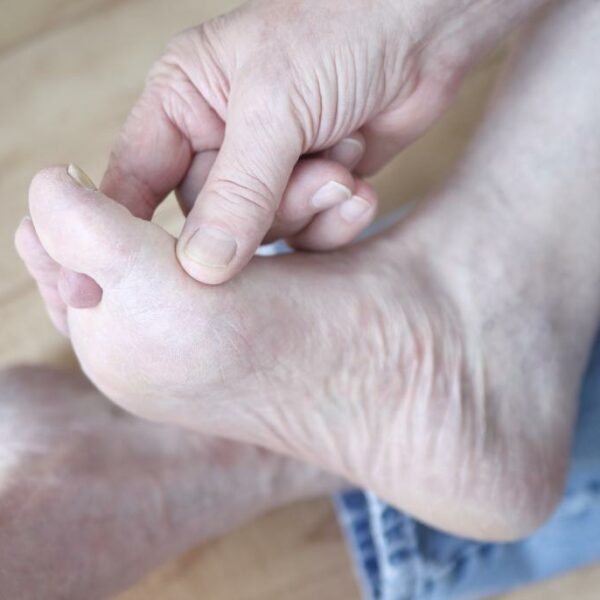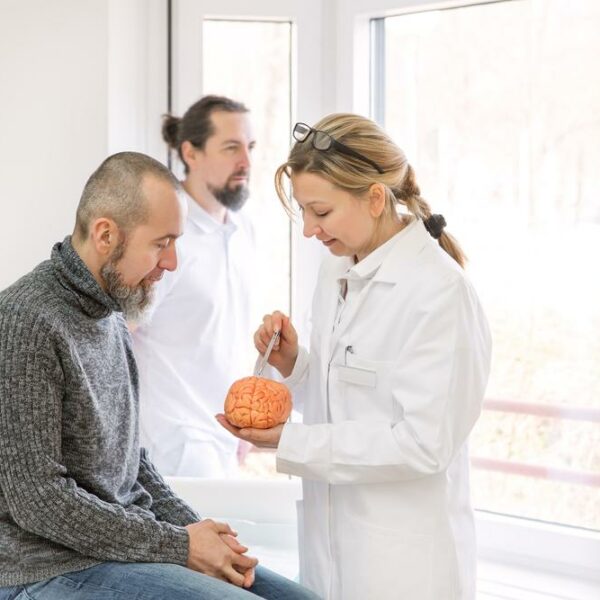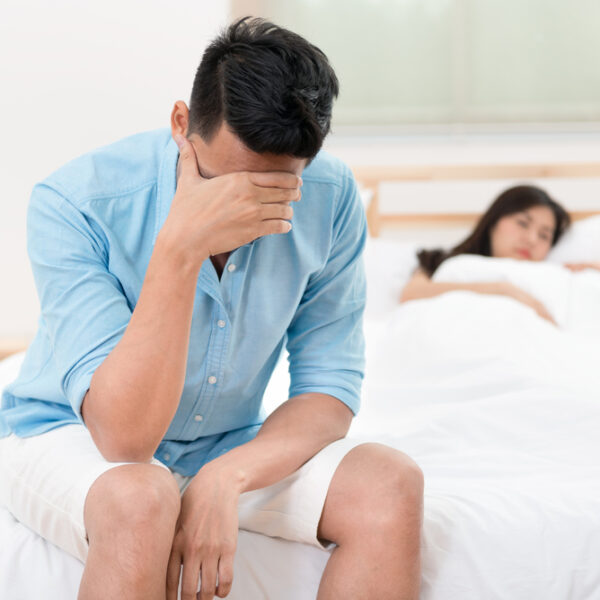
Top Symptoms Of Adhd
The attention deficit disorder (ADHD) can only be diagnosed in a patient if they show at least six of the nine major symptoms associated with different types of this condition. There are two different types for this condition: predominantly inattentive and predominantly hyper-impulsive. In any case, the symptoms must be observed for at least six months in two different settings. A school and a home can be examples of settings to observe behavioral changes. Let us look at some of the symptoms for predominantly inattentive ADHD. The patient losses attention toward details or makes silly mistakes in schoolwork, homework, at work, or during other activities that require undivided attention. Their attention span is comparatively low. The patient starts having trouble in sustaining their attention in performing longer activities or tasks. For example, they have difficulty in remaining focused during long lectures, conversations, or meetings; lengthy reading is also affected on a large basis. The patient loses attention even when spoken to directly. They are unable to focus on what is being said to them as their mind is focused on something else, without the requirement of any distraction. The patient has difficulty in understanding, gauging, and following instructions given by their seniors or teachers.









